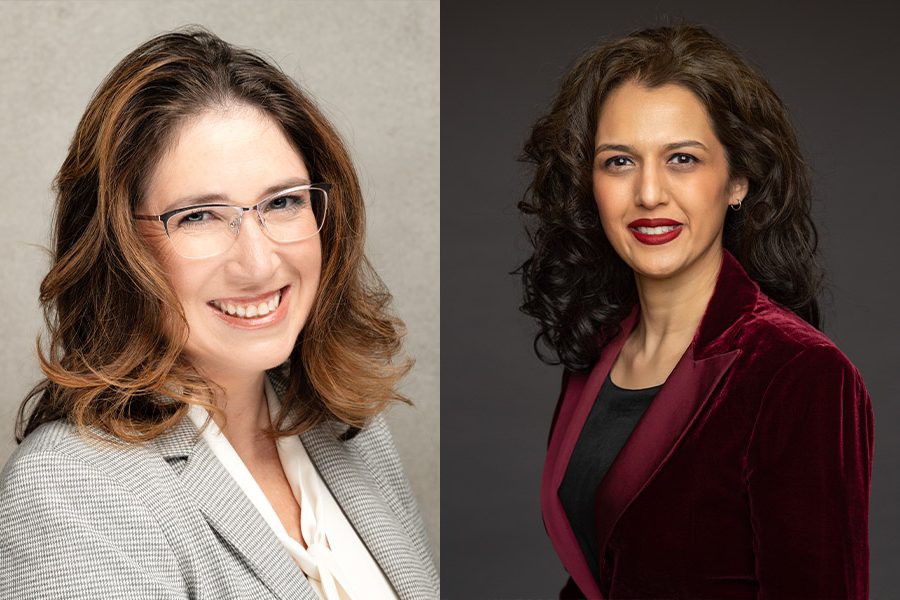
In the 1980s, amid the AIDS crisis, the Food and Drug Administration prohibited blood donation by men who had sexual relations with other men. In 2015, the agency loosened those restrictions slightly and allowed donation if the male donor had not had sexual contact with other men for the previous year.
Now, several national media outlets are reporting that the FDA is considering a new strategy for screening gay and bisexual men to help combat the national blood shortage.
Florida State University’s nationally recognized experts are available to provide context to reporters who are working on this story as it develops.
Lisa Hightow-Weidman, MD, Distinguished and Endowed McKenzie Professor, Founding Director of the Institute on Digital Health and Innovation. lhightowweidman@fsu.edu
Hightow-Weidman is an expert in the development, implementation and evaluation of digital health interventions (DHIs) to address the HIV Care Continuum for adolescents and young adults, particularly among sexual and gender minority populations. She has published nearly 200 peer-reviewed articles on these topics and has a proven track record of successful funding from the National Institutes of Health, HIV/AIDS Bureau and the Centers for Disease Control and Prevention.
Blood donation policies first established in the 1980s and modified most recently in 2020 in response to the COVID-19 pandemic, remain both outdated and discriminatory. I am hopeful that the FDA will move to make blood donation a more inclusive process by removing blood donation eligibility determined by methods based on sexual and or gender identity.
Henna Budhwani, Ph.D., professor, FSU College of Nursing
hbudhwani@fsu.edu
As an interventionist, Budhwani conducts pragmatic clinical trials to address the causes and consequences of health disparities among stigmatized populations that experience adverse health outcomes in resource-constrained settings, both domestically and globally. Budhwani applies community-engaged approaches to build authentic and durable collaborations with scientific stakeholders and beneficiaries of her research, including but not limited to adolescents, women, sexual and gender minorities, and racial and immigrant minorities. Her implementation science scholarship is informed by sociological constructs, guided by human rights frameworks, and adopts a multidimensional view of how to address public health and clinical care inequities. Over the past two decades, Budhwani has led public health programs and research studies in eighteen countries.
Blood donation bans block the good intentions of people who simply want to help. These anti-LGBTQ+ policies are discriminatory and antiquated; they hurt public health, hinder clinical care, and harm patients. With the persistent blood shortage in the United States and so many people in need, the ethical and evidence-based decision would be to permanently lift these bans. The health care system needs blood donations; the LBGTQ+ community is committed to help, and we should accept the community’s intentions and contributions with grace and gratitude instead of with prejudicial policies.




